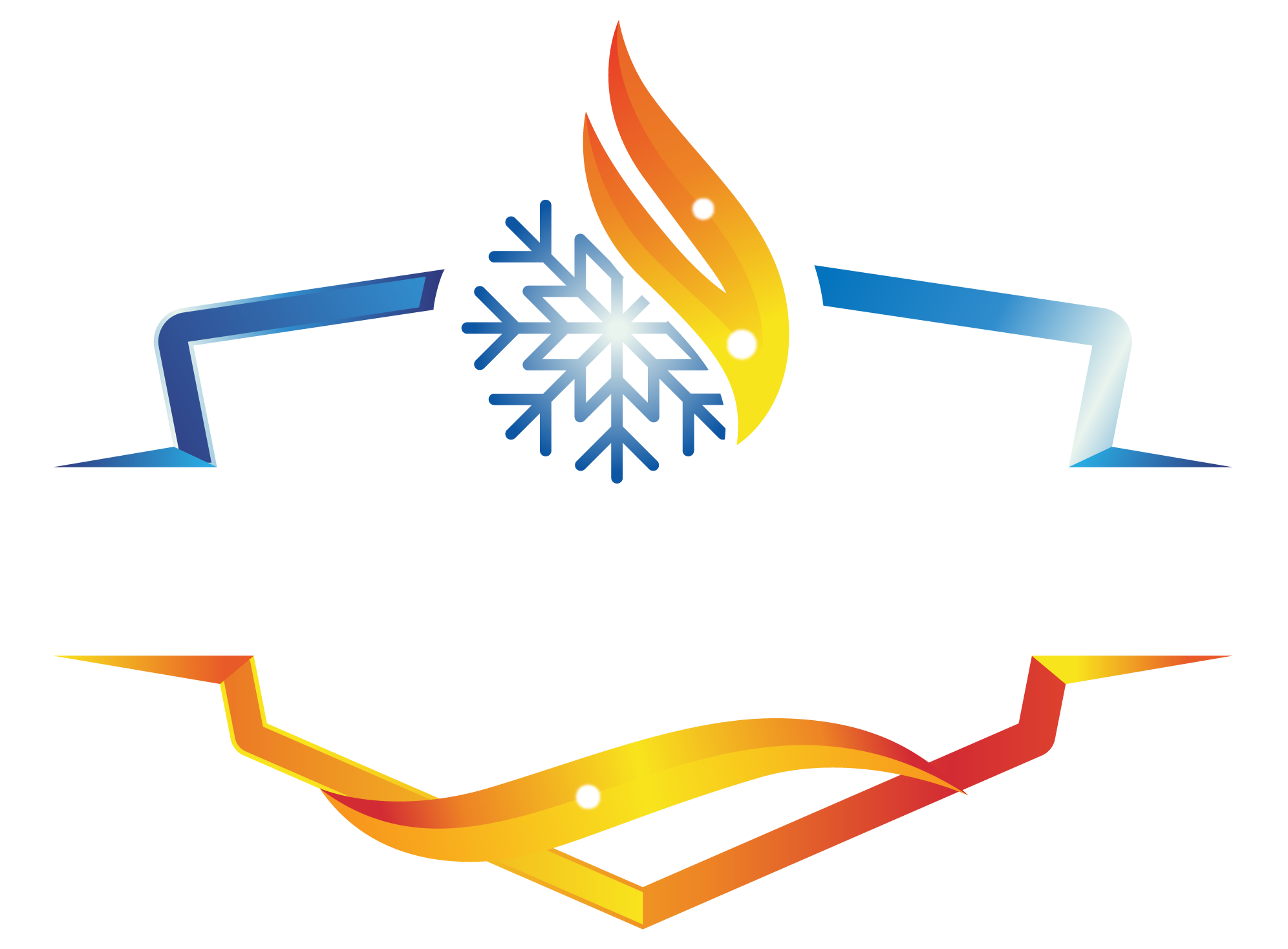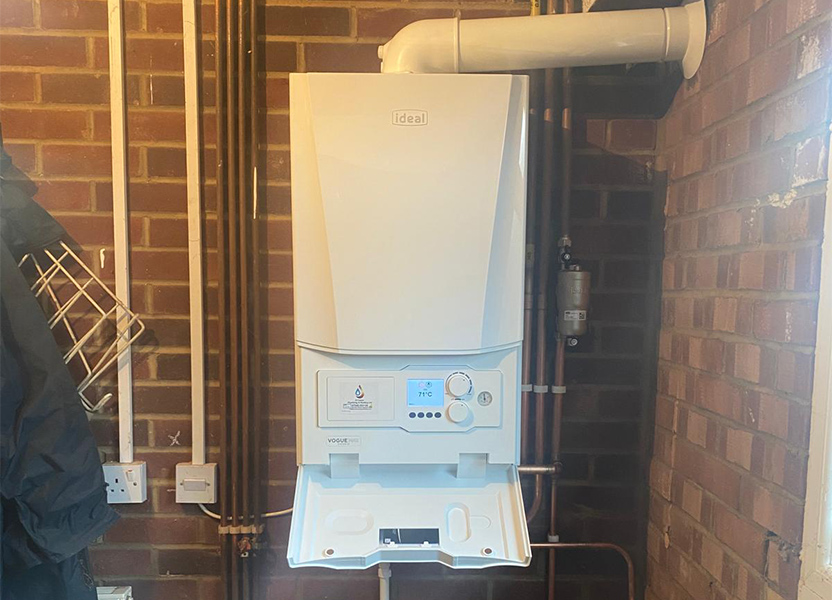If you're considering upgrading your hot water system or building a new home, you've likely come across the term "unvented hot water cylinder." These systems are becoming increasingly popular in modern homes, but what exactly are they, and could one be right for your property?
What is an Unvented Hot Water Cylinder?
An unvented hot water cylinder is a pressurised hot water storage system that connects directly to the mains water supply. Unlike traditional vented systems that rely on a cold water storage tank in the loft and gravity to provide water pressure, unvented cylinders use mains pressure to deliver hot water throughout your home.
The system heats and stores water in an insulated cylinder, maintaining it at the desired temperature until needed. When you turn on a hot water tap, the stored hot water is delivered at mains pressure, providing consistent flow rates regardless of where the outlet is located in your home.
Key Benefits of Unvented Systems
Superior Water Pressure
The most noticeable benefit of an unvented cylinder is the excellent water pressure it provides. Since the system operates at mains pressure, you'll enjoy powerful showers and quick-filling baths on all floors of your home. This is particularly beneficial for larger properties or homes with multiple bathrooms.
Space Saving
Without the need for a cold water storage tank in the loft, unvented systems free up valuable space. This makes them ideal for conversions, extensions, or homes where loft space is at a premium. The cylinder itself can be located almost anywhere suitable within the property.
Reduced Pipework
Unvented systems typically require less pipework than traditional vented systems, which can reduce installation complexity and costs. There's no need for pipes running to and from a loft tank, simplifying the overall system design.
Better Water Quality
Since the water comes directly from the mains supply, there's no risk of contamination from stored water sitting in loft tanks. This can be particularly important in areas where water quality is a concern or where loft tanks might be difficult to maintain properly.
Flexibility in Positioning
The cylinder can be positioned on any floor of the property, giving greater flexibility in system design. This is especially useful in homes where a ground floor utility room or basement location might be more convenient than a traditional airing cupboard.
Important Considerations
Professional Installation Required
Unvented cylinders must be installed by qualified professionals who hold the appropriate certifications. The installation involves safety devices and pressure controls that require specialist knowledge to install and commission correctly. This isn't a DIY project.
Building Regulations Compliance
Installation of an unvented cylinder typically requires Building Regulations approval. The work must comply with specific standards and may need inspection during installation. Your installer should handle the necessary notifications and certifications.
Mains Water Pressure Requirements
These systems rely on adequate mains water pressure to function effectively. If your property has poor mains pressure, an unvented cylinder may not deliver the expected performance. A pressure test should be carried out before deciding on this type of system.
Safety Device Maintenance
Unvented cylinders incorporate several safety devices, including pressure relief valves and expansion vessels. These components require regular testing and occasional replacement to ensure the system remains safe. Annual servicing by a qualified engineer is recommended.
Higher Initial Investment
The initial cost of an unvented cylinder system is typically higher than a traditional vented system. However, this needs to be weighed against the benefits of improved performance and the space savings achieved.
Types of Unvented Cylinders
Direct Systems
These cylinders have immersion heaters built into the unit and are heated directly by electricity. They're suitable for properties without a central heating system or as a backup heating method.
Indirect Systems
Indirect cylinders are heated by your boiler via a coil within the cylinder. These are more common in homes with central heating systems and are generally more economical to run than direct systems.
Combination Units
Some manufacturers offer combination units that include the cylinder and all necessary safety components in a single package, which can simplify installation.
Maintenance Requirements
Regular maintenance is crucial for unvented cylinders to ensure safe operation. Annual servicing should include:
- Testing of all safety devices
- Checking expansion vessel pre-charge pressure
- Inspecting temperature and pressure relief valves
- Verifying thermostat operation
- Checking for any signs of corrosion or wear
Is an Unvented Cylinder Right for You?
An unvented hot water cylinder might be ideal if you:
- Want improved water pressure throughout your home
- Have limited or no loft space
- Are building or renovating and want a modern, efficient system
- Have good mains water pressure
- Don't mind the higher initial investment for long-term benefits
However, they might not be suitable if:
- Your mains water pressure is poor
- Budget constraints make the higher initial cost prohibitive
- Your property has specific limitations that complicate installation
Making the Right Choice
The decision to install an unvented hot water cylinder should be made after careful consideration of your property's characteristics, your household's hot water demands, and your budget. A qualified heating engineer can assess your specific situation and advise whether an unvented system would be beneficial.
They'll consider factors such as your mains water pressure, available installation locations, existing heating system compatibility, and your household's hot water usage patterns to help you make an informed decision.
Professional Installation is Essential
If you decide that an unvented cylinder is right for your home, ensure you use properly qualified installers. The system must be installed in accordance with manufacturer instructions and Building Regulations, with all safety devices correctly fitted and tested.
Unvented hot water cylinders represent a significant upgrade in hot water delivery for many homes, offering excellent performance when properly installed and maintained. With the right system and professional installation, you can enjoy years of reliable, high-pressure hot water supply.
R. Foster Plumbing & Heating are qualified to install and service unvented hot water cylinders throughout Northamptonshire and Rutland. With over 24 years of experience, we can help you determine if an unvented system is right for your property and ensure professional installation to the highest standards.

.jpg)


.jpg)

.svg)
.svg)
.svg)
.svg)